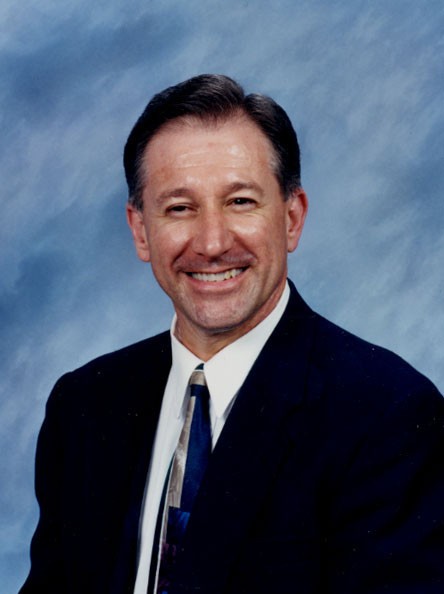
McMINNVILLE, Ore. (BP)–A recent Gallup poll suggests that Americans are becoming more accepting of homosexuality. Released on June 4, the public opinion survey of approximately 1,000 people reveals the following: 85 percent say homosexuals should have equal rights in job opportunities; 54 percent feel homosexuals should serve as clergymen; 56 percent say homosexuals should be hired as elementary school teachers.
Increased tolerance toward homosexuals should come as no surprise. “What the public thinks depends on what the public hears,” a wise person once observed. The media increasingly portrays homosexuals in the most positive light possible. Couple that with the homophobic label that is attached to anyone who dares denounce homosexuality, and it is little wonder society has become more sympathetic.
However, is the embrace of homosexuality really as pervasive as the Gallup poll suggests?
The retort, “There are three kinds of lies: lies, damned lies, and statistics,” is said to have originated with Benjamin Disraeli. If the British statesman were alive today he might well add public opinion polls to his list of despicable deceptions.
Polls are only as good as the questions they pose. When it comes to homosexuality, consciously or subconsciously, queries are many times phrased in such fashion so as to elicit a favorable response.
Who do you know would answer yes to, “Should homosexuals be discriminated against in terms of job opportunities?” How about this one, “A homosexual should be fired from a job as a public school teacher: agree or disagree?” Few would answer in the affirmative.
When questions are phrased in a different manner, the results are altered dramatically. A 1999 Wirthlin poll asked respondents if they felt homosexuals had suffered the same kind of legal injustice as other minorities. Seventy-five percent said they had not. In a 1996 poll conducted by Princeton Survey Research Associates, 83 percent revealed that they did not believe homosexuals should be given special protections in the workplace like those extended to minorities or the disabled.
If the phrasing of a question can alter outcomes, who is included in the survey sample also will shape the poll results. I dare say that a poll on the acceptance of homosexuality conducted in east Texas would have different results from one taken in San Francisco.
If I were the head of a polling company, there is one survey I would conduct. I would pose the following question to 1,000 expectant parents: “Do you want your child to be homosexual?” While I am not a betting man, I would wager that 100 percent would answer NO.
Why am I so certain about the outcome of my question? One word — grandchildren!
Without exception, prospective parents ponder the future. Thoughts of ballet, little league, report cards, graduation, college, weddings and bundles of joy invade the thoughts of parents-in-waiting. A homosexual child would dash the dreams of many grandma and grandpa wannabes because he or she would not procreate.
Is America embracing homosexuality as natural and normal? We won’t really know until we ask the right people the right questions.
–30–
Boggs is pastor of Valley Baptist Church, McMinnville, Ore. His column appears each Friday in Baptist Press.
















